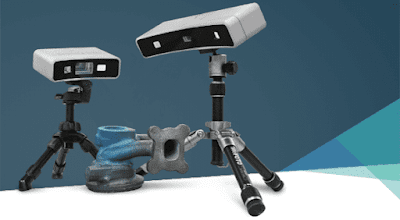Ultimate Guide: Low Fidelity vs High Fidelity Simulators Best Training Choice
Low fidelity vs high fidelity simulators is a crucial comparison every medical educator, student, or institution must make before investing in simulation technology. Simulation-based learning has transformed healthcare education by offering safe, controlled environments for skill practice. But the question remains should you choose low-fidelity or high-fidelity simulators? Press enter or click to view image in full size This comprehensive guide will walk you through the differences, benefits, limitations, and ideal use cases to help you make an informed decision. What Are Low-Fidelity Simulators? Low-fidelity simulators are basic training tools used to practice fundamental clinical skills. These include simple anatomical models or task trainers like CPR manikins, IV arms, or airway heads. Key Features of Low-Fidelity Simulators Limited realism Focus on specific skills Highly affordable Easy to use, maintain, and transport Best For: Medical schools with limited budgets Beginners le...


